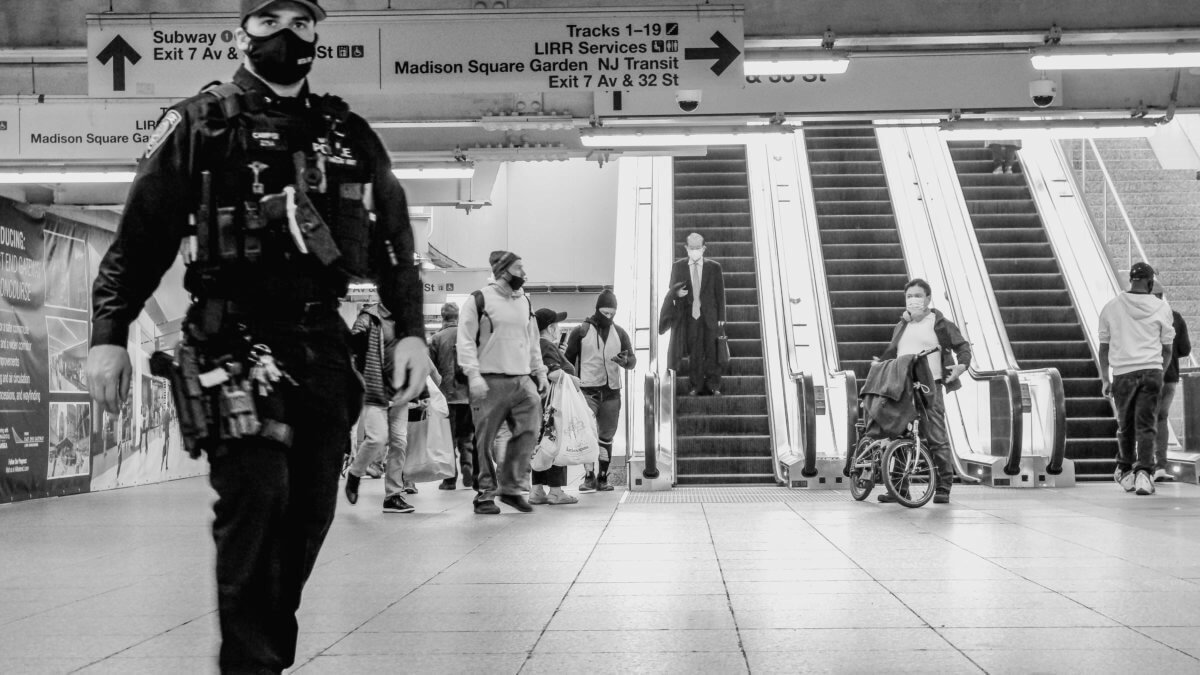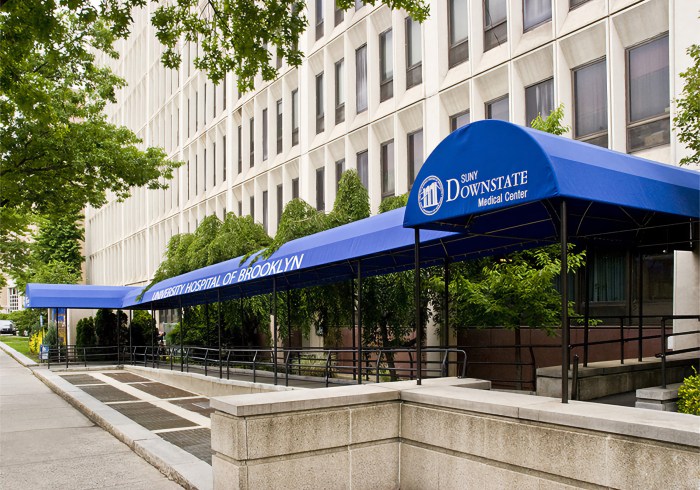After decades of disrepair and neglect, Penn Station is on the precipice of becoming the vital transit hub and economic boon it was always meant to be.
This summer, state officials have the unique, once-in-a-generation opportunity to overhaul Penn Station and the surrounding area and deliver on the nation’s most transformative infrastructure project.
With billions of dollars in federal funding available from the bipartisan Infrastructure Act and a crucial Empire State Development Corporation vote just weeks away, there has never been a better time to clean up the mess that is Penn Station.
The State’s plan for Penn Station is a forward-looking, 21st-century vision that will jumpstart the city’s economy back to life, create thousands of jobs and ensure the long-term viability of this critical transit hub for decades to come. This is a long-overdue reimagining of the busiest commuter hub in the nation to streamline the inefficient systems that have long caused chronic congestion and delays to the torment of its many commuters.
The three-pronged plan, which includes the reconstruction of Penn Station, Governor Hochul’s General Project Plan, and the Penn Station Access Project, is precisely the transformational vision New Yorkers need as we emerge from the pandemic. Investing in large-scale public works projects like this one means investing in a robust economic recovery, job creation, and an equitable city that works for all New Yorkers.
Penn Station was once a testament to New York’s strength; today, it is one of our city’s greatest urban planning failures. It is a dark, blighted subterranean mess that only inspires dread. Today’s Penn Station simply does not meet the needs of New Yorkers. It was not designed to carry the 600,000 commuters who pass through its corridors daily.
The new proposal doubles circulation space from approximately 123,000 square feet to approximately 250,000, providing immediate relief to the cramped conditions that exist today. With work on the Gateway Tunnel and Penn Station Access Project already underway, time is of the essence to boost an ever-growing demand.
Any modern transit hub must accommodate the needs of all commuters, regardless of ability. Penn Station’s current hostile design fails to meet basic accessibility standards and, with only two elevators serving the entire complex, foists an unjust burden on commuters who are disabled.
Governor Hochul’s commuter-first proposal calls for necessary accessibility upgrades that go far beyond just cosmetic updates, including a dozen new elevators, 18 more escalators, additional entrances, and easier-to-navigate train platforms that improve wayfinding and mobility throughout the station.
The Penn Station GPP delivers the required revenue streams to fund Penn’s overhaul and includes the components needed to create a more vibrant mixed-use district and critical intermodal connections to seamlessly serve commuters. It is a model of public-private partnership that delivers countless public realm benefits without imposing an undue burden on taxpayers.
With plans for new retail storefronts, commercial office space, nearly 2000 residential units, and 8 acres of public space, the new Penn District will set the global standard for 21st-century neighborhoods, centered around a model transit hub.
As we move further into the 21st century, it is imperative that cities think creatively about how to combat the climate crisis and offer sustainable streetscapes and lower-carbon transit alternatives. City officials must focus on planning that encourages workers to use mass transportation and cut carbon emissions.
New, world-class office space will create jobs centered around transit hubs and reduce the carbon footprint of our city. A reimagined Penn Station will pave the way for the sustainable growth of our city’s economy and allow us to accommodate anticipated job creation.
Developments near transit-rich areas like Penn Station increase access to resources, maximize public investments in our infrastructure and increase tax revenues for the city and state. The Penn District is among the best-connected transit hubs in our city; it’s about time our leaders fully leverage its potential to serve as a dynamic hub for business, culture, and living.
The signs of New York’s revival are all around us. Just weeks ago, MTA ridership hit a pandemic high. Retail and commercial leases continue to be signed and more and more workers are returning to the office. The streets are teeming with life.
Penn Station is stuck in the past; we need a Penn Station built for the new New York so we can be ready for whatever the future brings us.
We must move forward with the Governor’s vision to fix Penn Station now.

























